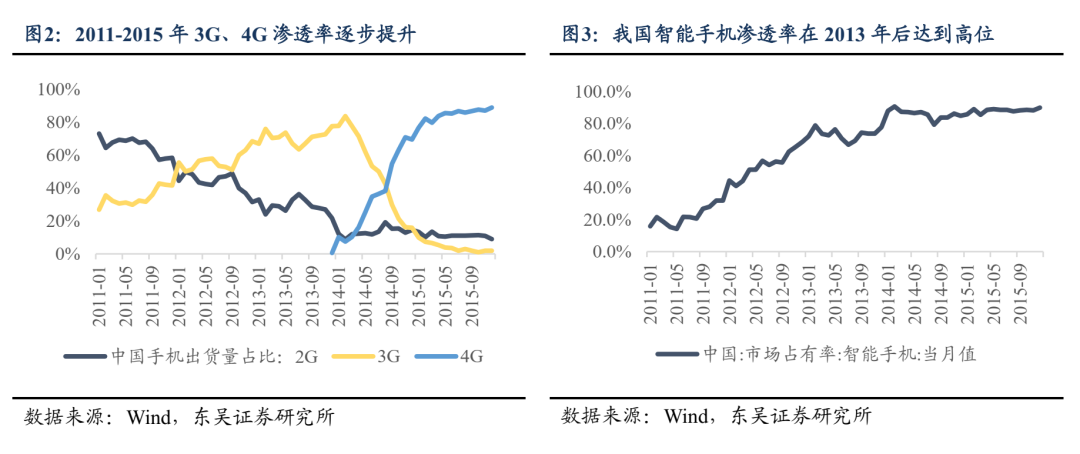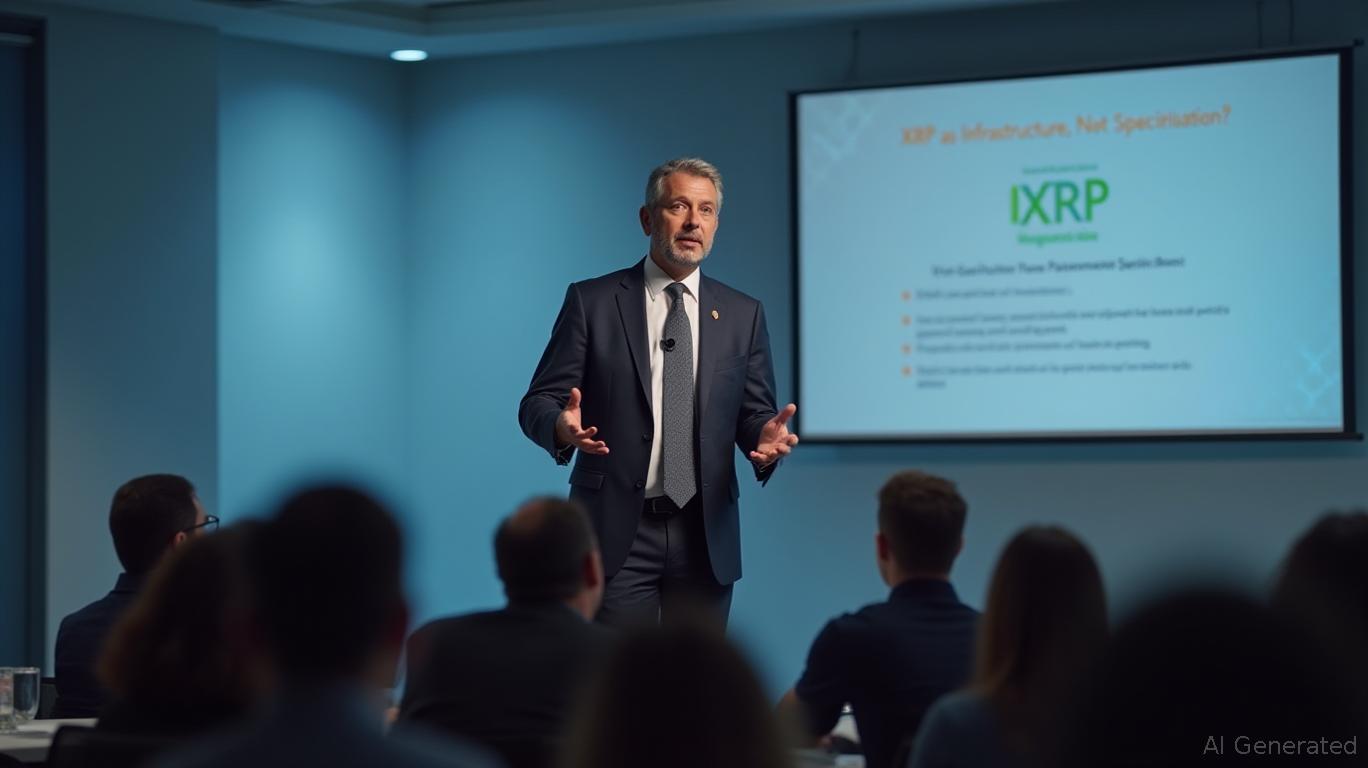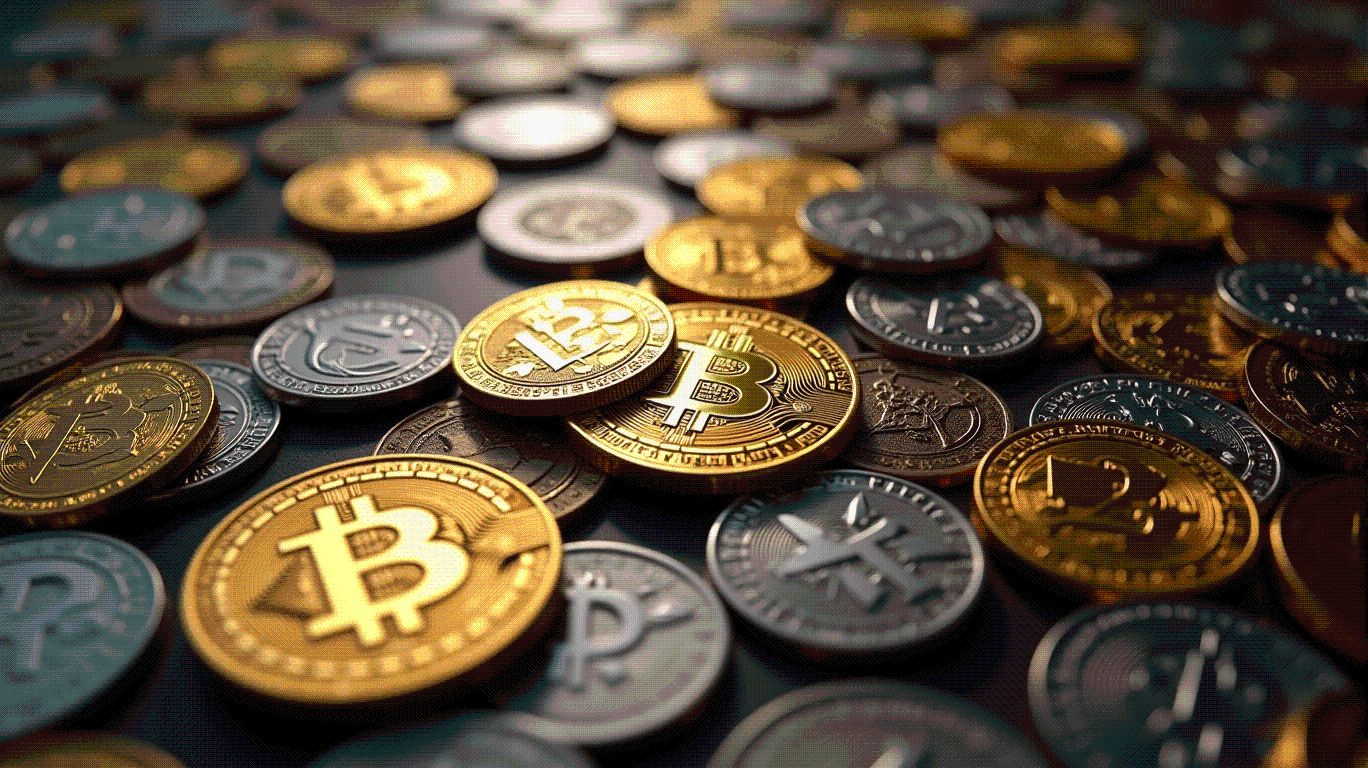Young Koreans Drive $12B Crypto Surge as South Korea Embraces Digital Future
- South Korean retail investors spent $12B on US crypto stocks in 2025, led by young investors prioritizing long-term digital asset growth. - Government reforms classify crypto firms as "venture companies," enabling tax incentives and preparing for spot crypto ETF approvals. - Over 10,000 high-net-worth Koreans hold $750K+ in crypto, with 20-somethings averaging $2.69B in digital assets on Upbit. - Regulatory focus shifts to stablecoin frameworks for cross-border payments, mirroring US Genius Act precedent
South Korean retail investors have already purchased over $12 billion worth of stocks in US cryptocurrency companies in 2025, according to data compiled by 10x Research. The surge in domestic investor activity highlights growing enthusiasm for digital assets and the perceived long-term potential of the crypto industry, despite regulatory and market volatility. This trend is being driven primarily by younger investors and reflects a broader transformation in the South Korean financial landscape, where crypto trading is increasingly becoming a mainstream investment avenue.
The data reveals that more than 10,000 South Korean investors hold digital assets worth over 1 billion won ($750,000), with the largest concentration of high-net-worth crypto users on Upbit, the country’s largest cryptocurrency exchange. These individuals hold an average of 2.23 billion won in digital assets, with 20-somethings—despite being the smallest demographic group—holding the highest average of 2.69 billion won per person. This indicates a strong generational shift in risk tolerance and investment preferences, with younger investors leading the charge into the crypto space.
The rise in retail trading activity is supported by a rapidly evolving regulatory environment in South Korea. The Lee Jae-myung administration has made digital asset development a national priority, designating it a key task in its five-year government plan. Recent reforms include lifting restrictions on institutional crypto investments and preparing for the approval of the first spot cryptocurrency exchange-traded funds (ETFs). Additionally, the government has reclassified crypto trading firms as “venture companies,” unlocking access to tax benefits and financial incentives that were previously unavailable to the sector.
This regulatory shift is part of a broader effort to position South Korea as a global leader in the digital asset ecosystem. The government is also working on a comprehensive framework for stablecoins, recognizing their role in facilitating real-world economic transactions. Unlike ETFs, which are investment vehicles, stablecoins are being developed as settlement instruments for cross-border payments, tokenized securities, and remittances. The U.S. has already set a regulatory precedent with the Genius Act, which provides a clear legal framework for payment stablecoins and emphasizes the importance of reserve transparency and operational resilience.
The growing involvement of South Korean investors in US crypto equities also reflects a strategic diversification of their portfolios. Retail traders are increasingly viewing US-listed crypto companies as high-growth opportunities, particularly in light of recent developments such as Bullish’s $1.15 billion IPO, which was fully settled in stablecoins. As more institutional and retail capital flows into the sector, South Korea is not only positioning itself as an active participant in the global crypto economy but also as a potential market for new financial products and services tied to digital assets.
However, the surge in trading activity also underscores the need for continued regulatory vigilance. The volatility of crypto markets, combined with the complexities of stablecoin design and oversight, requires a balanced approach that promotes innovation while safeguarding financial stability. As the government moves forward with its digital asset agenda, the focus will likely shift from who regulates to how these assets can be integrated into the broader financial system in a responsible and sustainable manner.
Source: [1] Over 10,000 Koreans Now Hold $750K+ in Crypto as Young ... [2] Korea's Won Stablecoin Debate Is Missing the Point
Disclaimer: The content of this article solely reflects the author's opinion and does not represent the platform in any capacity. This article is not intended to serve as a reference for making investment decisions.
You may also like

XRP News Today: Ripple’s Schwartz Recasts XRP as Infrastructure, Not Speculation
- Ripple CTO David Schwartz defends XRP Ledger's governance, aligning it with Bitcoin/Ethereum norms to counter centralization claims. - XRP's escrow mechanism releases tokens monthly, enhancing transparency and stabilizing supply volatility compared to other cryptocurrencies. - Institutional adoption grows via trustlines, enabling transactions without large XRP holdings, expanding enterprise finance utility beyond speculation. - SEC's 2025 ruling and potential ETF approvals reduce regulatory uncertainty,

American Bitcoin's Nasdaq Debut: A High-Conviction Play in a Politically Charged Crypto Mining Landscape
- American Bitcoin (ABTC) launched on Nasdaq via a reverse merger with Gryphon Digital Mining, consolidating 98% ownership under Trump family, Hut 8, and Winklevosses. - The merger leverages Hut 8's low-cost mining infrastructure ($37,000 per Bitcoin) and $41.3M Q2 revenue to achieve cost competitiveness in crypto mining. - Political tailwinds like the BITCOIN Act and 401(k) Bitcoin access unlocked $8.9T institutional capital, accelerating ABTC's hybrid mining-purchase model adoption. - ABTC's 215 Bitcoin

Ethereum Staking Congestion and Its Impact on Price Volatility
- Ethereum's validator exit queue hit 1.02M ETH ($4.6-5B) in August 2025, driven by price rebounds and ETF anticipation, extending withdrawal times to 17-18 days. - While 50% liquidation could create $2.5B selling pressure, most withdrawn ETH is redeployed into DeFi ($223B TVL) or restaked, mitigating risks. - Institutional demand via ETFs (e.g., BlackRock's $13.6B ETHA) and corporate holdings (Goldman Sachs' $721M ETH) absorb liquidity, countering exit queue pressures. - The exit queue reflects capital ro
